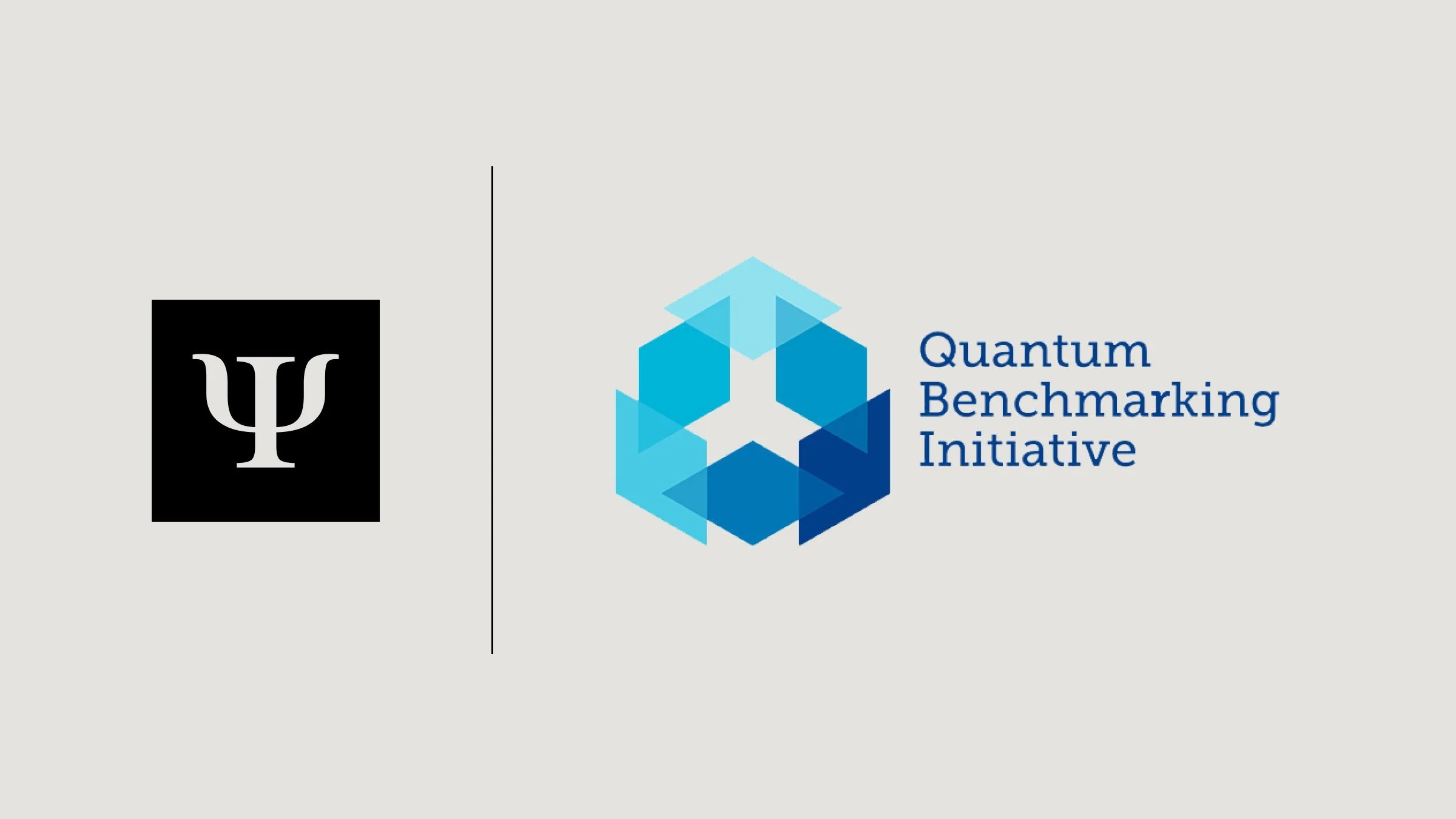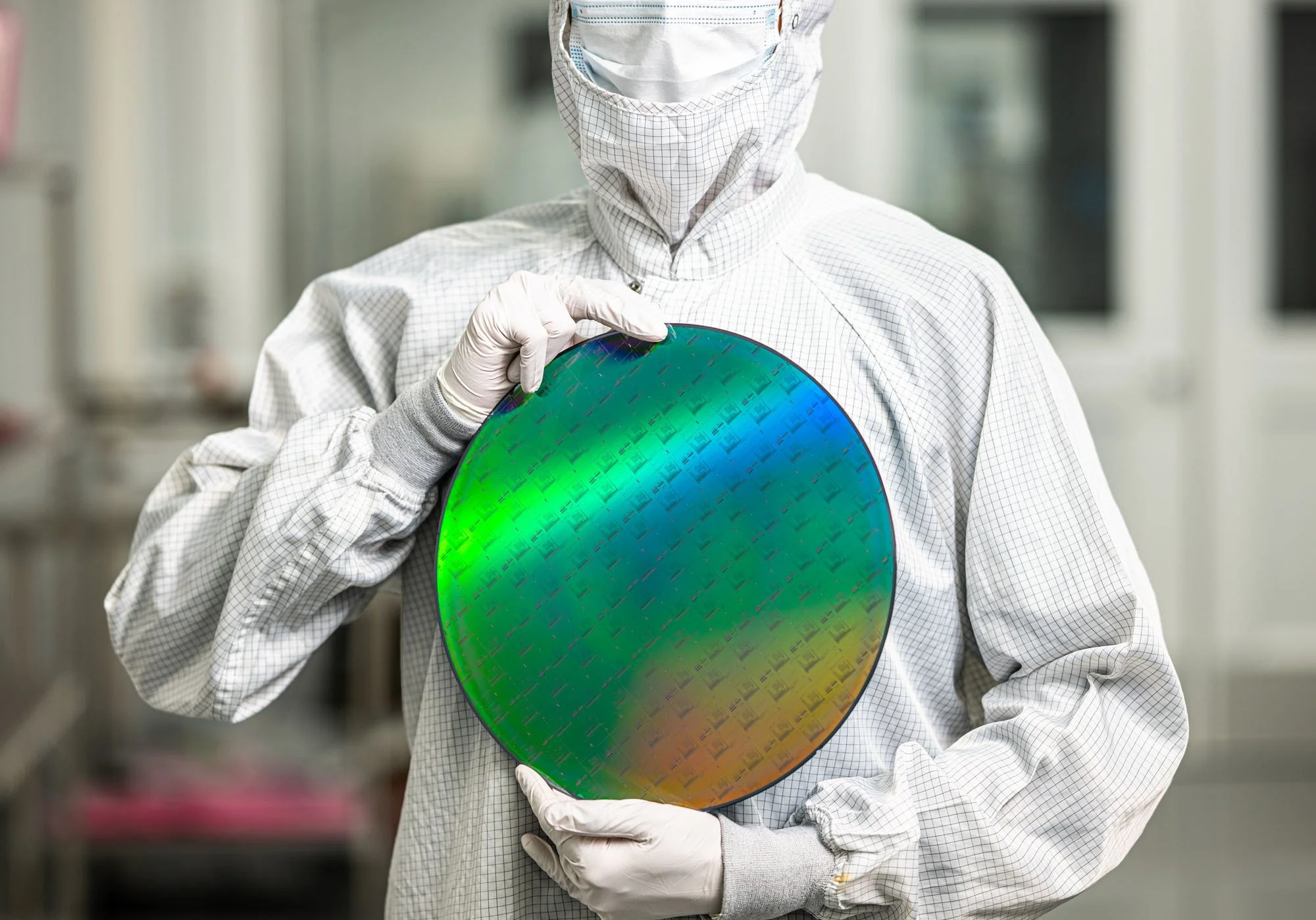DARPA Selects PsiQuantum to Advance to Final Phase of Quantum Computing Program
PsiQuantum has successfully completed the research & development viability phase of the Defense Advanced Research Projects Agency's (DARPA) Underexplored Systems for Utility-Scale Quantum Computing (US2QC) program — one of the programs that makes up DARPA’s larger Quantum Benchmarking Initiative (QBI) — and is now entering the validation phase of the program.
PsiQuantum Announces Omega, a Manufacturable Chipset for Photonic Quantum Computing
PsiQuantum announces Omega, a quantum photonic chipset purpose-built for utility-scale quantum computing.
Introducing Omega - Inside the Chipset
Learn more about PsiQuantum’s new paper in Nature that reviews the silicon photonics platform it has developed in partnerships with GlobalFoundries and other fab partners.
Thinking inside the blocks: Fighting faults with a logical instruction set
How large does a useful quantum computer need to be?
This is an important but surprisingly hard question to answer.
PsiQuantum targets first commercial quantum computer in under six years
Sept 28 (Reuters) - PsiQuantum is aiming to deliver its first commercial quantum computing system in under six years, its CEO said as the startup announced a partnership with the U.S. Department of Energy to develop advanced fridges for its machines…
PsiQuantum Partners With U.S. Department of Energy’s SLAC National Accelerator Laboratory to Access State-of-the-Art, High-Powered Cryogenic Cooling Capabilities for Large-Scale Quantum Computing
PsiQuantum to start installation of its cryogenic quantum modules, each containing photonic quantum hardware, into SLAC’s LCLS-II cryoplant facility, capable of kilowatts of cooling power. This partnership accelerates the development and testing of this novel technology while also defining opportunities for further collaboration in the future.
A More Efficient Method for Breaking Elliptic Curve Cryptography (ECC) Using a Fault Tolerant Quantum Computer
Cracking cryptographic protocols is a well-known impact area for fault-tolerant quantum computing. Clearly it is important to estimate just when quantum computers will impact cryptography.
The World-Changing Race to Develop the Quantum Computer
On the outskirts of Santa Barbara, California, between the orchards and the ocean, sits an inconspicuous warehouse, its windows tinted brown and its exterior painted a dull gray. The facility has almost no signage, and its name doesn’t appear on Google Maps.
Sixties nuclear lab to test quantum computer that runs at -270 degrees celsius
A 1960s nuclear research lab in the North of England will host a new quantum computing facility under plans drawn up by a Silicon Valley technology company.
PsiQuantum is to set up a research hub at the Daresbury Laboratory in Cheshire, using the facility’s state of the art cooling systems to develop its technology.











